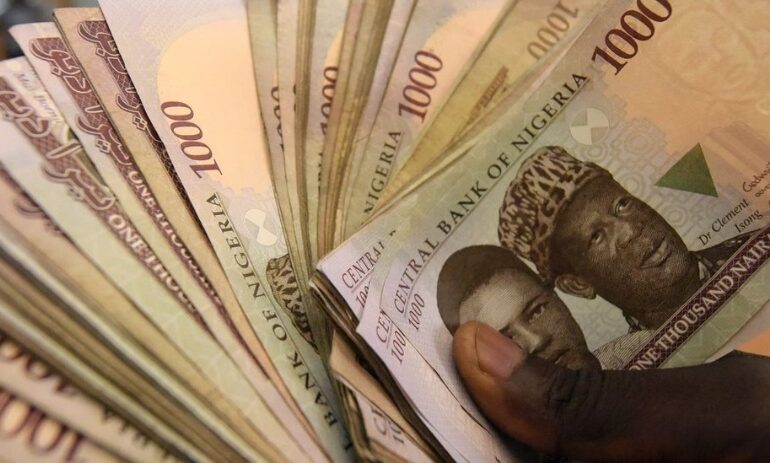
Avellon Williams
ABUJA, NIGERIA- Business groups and experts say Nigeria’s push to replace its paper money with new notes has caused a cash shortage, preventing people from buying what they need and forcing businesses to close down.
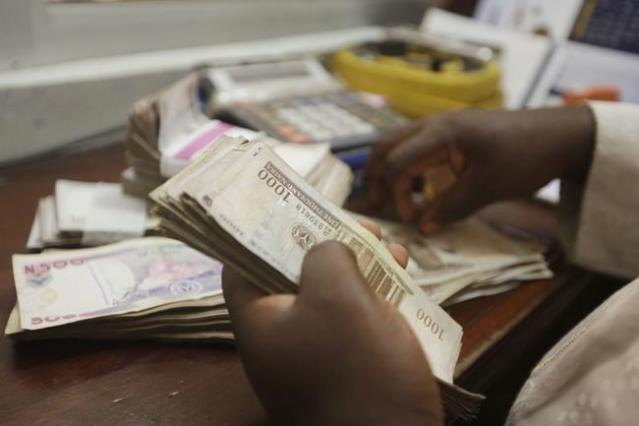
In Africa’s largest economy, the Central Bank of Nigeria says the redesigned 200 (43 cent) and 500 ($1.08) notes and new limits on cash withdrawals will help curb money laundering.
Ayokunle Olubunmi, of Nigeria’s main ratings agency, Agustoand Co, said the process of replacing the old currency notes is “rushed” and the banks lack enough cash to give customers.

In Olubunmi’s view, “the central bank would prefer that we spend cash electronically rather than in cash”. However, he said that “you could not legislate change in behavior”. “You have to make people see reasons and ensure those channels are reliable.”
In a bid to drive economic growth, the government advocates a cashless economy that is more inclusive. Many critics point to decades of chronic corruption in which government officials have looted public funds and created hardship for the poor.
WATCH CASH FRACAS ON AEM IG ACCOUNT (FOLLOW)
https://www.instagram.com/p/CpYHIFJJCJS/?igshid=MDJmNzVkMjY=
More than 80% of Nigeria’s 3.2 trillion naira ($7.2 billion) in circulation was in private hands as of October, but 75% has now been deposited with financial institutions, central bank governor Godwin Emefiele told reporters.
Nigerians have been given until February 10 to deposit their old banknotes.
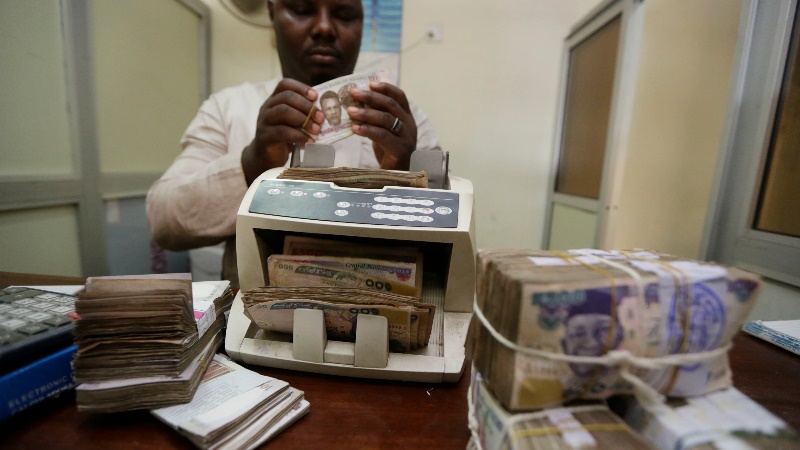
As of Monday, some Nigerian financial institutions were issuing the outdated notes to customers, despite Nigerians depositing old currency at banks. According to the AP, bank customers can withdraw only a little cash, and they are charged high fees for each withdrawal.
Businesses have been struggling in Nigeria due to unreliable digital payments run by banks, leaving increasing numbers of customers unable to pay with cash. Nigeria secret police said Monday that the situation has created a parallel market for illegally selling new banknotes.
“Someone might want to transfer funds to you, but it can’t be processed and they don’t have cash because of this issue,” said Chima Ekwueme, who sells car parts in Nigeria’s capital, Abuja. “Sometimes, I ask them to drop my goods and go and find money anywhere.”
In response to the cash supply crisis, a number of businesses have had to shut down, according to Muda Yusuf, head of the Nigeria Center for Promotion of Private Enterprises.
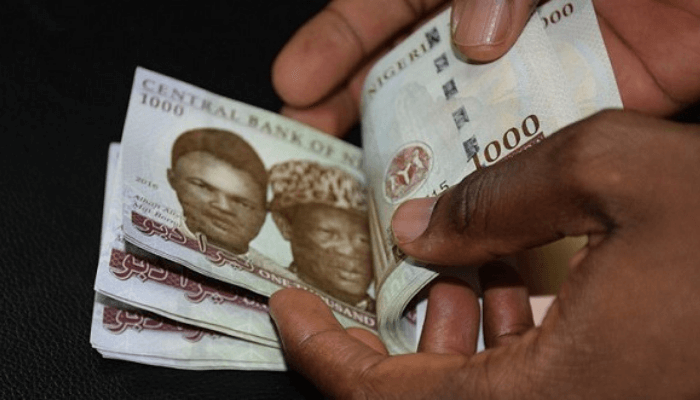
“The two critical sectors of the economy — trade and commerce as well as agriculture — have been very badly affected because they do a lot of transactions in cash, especially in rural areas,” Yusuf said. “This policy has brought their economic activities to a halt.”
He recommended allowing more time for the old notes to be gradually replaced by the new ones.
“To make matters worse, the supply is extremely limited. Economic activities have been practically crippled as some people have locked their shops,” Yusuf added.
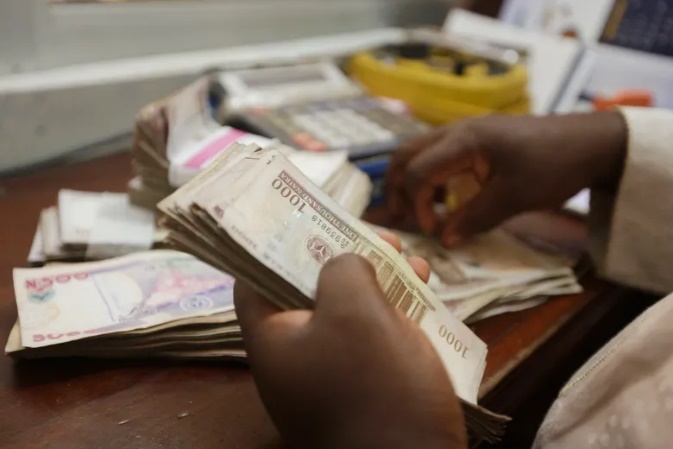
Authorities in Nigeria claim redesigned banknotes and higher withdrawal limits will curb the use of money to influence the presidential election on Feb. 25, although experts argue those changes will hurt most Nigerians. Inflation has already reached 21.3%, representing a 37% increase in the past year.
“All these together are causing significant hardship in both rural and urban areas, (and) the hardship for people is merely collateral damage to the political class,” said Tunde Ajileye, a partner at Lagos-based SBM Intelligence firm.




